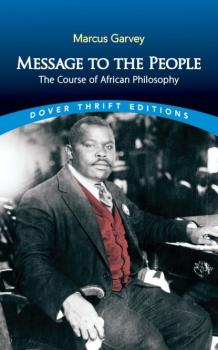ТОП просматриваемых книг сайта:















Dover Thrift Editions
Скачать книги из серии Dover Thrift EditionsАннотация
Аннотация
Информация о книге
Автор произведения Marcus Garvey
Жанр Биографии и Мемуары
Серия Dover Thrift Editions
Аннотация
Информация о книге
Автор произведения Ludwig Tieck
Жанр Зарубежная классика
Серия Dover Thrift Editions
Аннотация
Информация о книге
Автор произведения Percy Bysshe Shelley
Жанр Зарубежная классика
Серия Dover Thrift Editions
Аннотация
Аннотация
Аннотация
Аннотация
Аннотация
Информация о книге
Автор произведения Lewis Carroll
Жанр Зарубежная классика
Серия Dover Thrift Editions
Аннотация
Информация о книге
Автор произведения Edgar Rice Burroughs
Жанр Зарубежная классика
Серия Dover Thrift Editions










